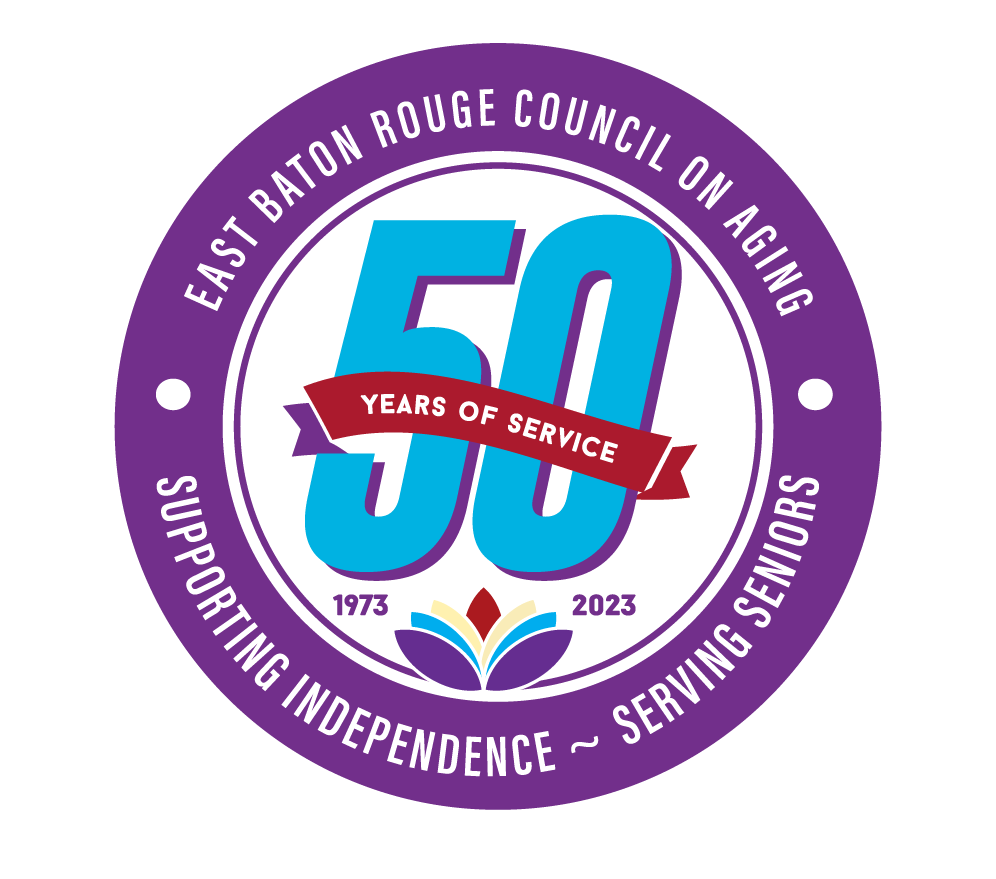
Climate Justice & Disaster Response
Addressing climate change and disaster resilience through community-focused education, training, and advocacy.
Program Overview
Immigrants and other vulnerable groups often face significant challenges in adapting to climate change. Providing effective support and resources to these communities is critical yet challenging. Recognizing the unique vulnerabilities these communities face, this initiative aims to enhance their resilience against both natural and man-made disasters such as hurricanes, flooding, and tornadoes, which are prevalent in Louisiana.
Climate Justice Preparedness Guide
Our guide empowers communities to prepare for climate-related disasters like hurricanes and flooding. Learn how to stay safe, build resilience, and advocate for equitable solutions.
Understanding the Need
Louisiana’s diverse communities are increasingly at risk due to the impacts of climate change. Hurricanes, flooding, and extreme weather events disproportionately affect these populations, who often lack the resources and support systems necessary to effectively prepare for and respond to such crises. Our program ensures that community members have access to the tools and knowledge they need to stay safe and resilient. We do this through several measures:

Patricia
Patricia’s family experienced the extreme heat and floods in Cameroon’s extreme north region,
leading her children to develop severe health issues and forcing them to migrate internally
to the cooler northwest. When conflict broke out in 2017, Patricia’s family was targeted
and forced to leave the country.
Resources
Here are some trusted organizations and resources to help you prepare for, respond to, and recover from climate and disaster challenges.
Red Stick Ready, City of Baton Rouge
Learn how to prepare your household for emergencies.
Mayor’s Office of Homeland Security & Emergency Preparedness
Stay updated on local emergency alerts and resources.

Louisiana 988 Helpline
Call 988 or visit for mental health and crisis support.

Our Key Actions

Education and Awareness
We provide culturally relevant education on climate change and disaster preparedness. This includes multilingual resources, workshops, and community meetings designed to inform and empower our communities about potential climate threats and effective response strategies.

Community Resilience Building
Through collaboration with local authorities, partner organizations, and community leaders, we work to create robust support networks that enhance community resilience through mutual aid and coordinated efforts.

Emergency Preparedness Training
We offer practical training sessions in first aid, emergency communication, and evacuation procedures, tailored to our community’s specific needs.

Advocacy for Equitable Policies
We engage with policymakers to ensure disaster preparedness and response efforts are equitable and consider the specific needs of vulnerable communities.

Rapid Response and Recovery
After a disaster, we quickly mobilize to provide emergency supplies, shelter, healthcare access, and long-term recovery support to help communities rebuild.
Intersection of Climate Justice & Disaster Response
Our approach ensures that disaster response efforts are equitable and consider the systemic inequalities that lead to immigrant communities being disproportionately affected. This includes:
Allocating more resources and support to help these communities prepare for and recover from disasters. Ensuring that our response efforts do not exacerbate existing inequalities but instead contribute to a just transition towards a more sustainable and equitable future.
We are committed to safeguarding our communities through proactive and inclusive approaches to climate justice and disaster preparedness.














